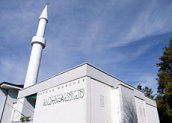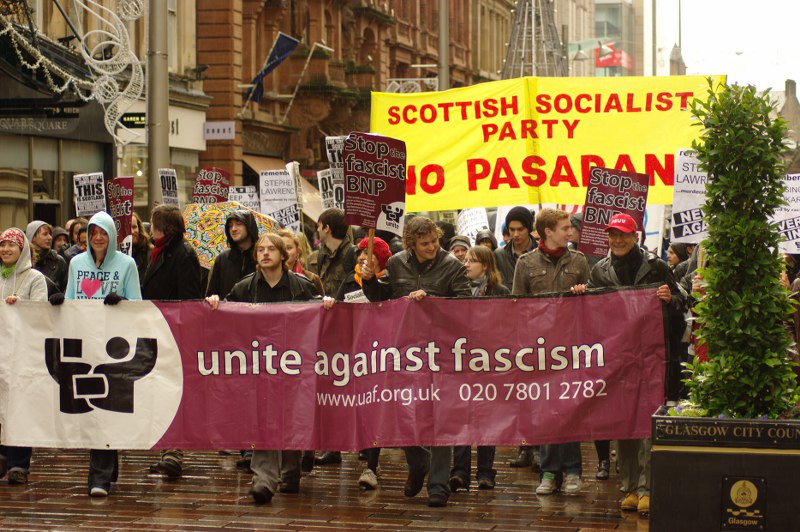Petitions in London, protests in Cologne, a court case in Marseille and a violent clash in Berlin – Muslims in Europe are meeting resistance to plans for mosques that befit Islam’s status as the continent’s second religion.
Across Europe, Muslims who have long prayed in garages and old factories now face skepticism and concern for wanting to build stately mosques to give proud testimony to the faith and solidity of their Islamic communities.
Some critics reject them as signs of “Islamisation”. Others say minarets would scar their city’s skyline. Given the role some mosques have played as centers for terrorists, others see Muslim houses of worship as potential security threats.
“The increasingly visible presence of Muslims has prompted questions in all European societies,” Tariq Ramadan, one of Europe’s leading Muslim spokesmen, argued when far-right groups proposed this year to ban minarets in his native Switzerland.
The issue hit the headlines in Britain in late July when a petition against a “mega-mosque” next to the 2012 London Olympics site was posted on Prime Minister Gordon Brown’s Web site. It attracted more than 275,000 signatures before it was taken down.
In Germany last month, there were anti-mosque protests in Cologne and Berlin and a local council voted against one in Munich. A French far-right group vowed to sue the city of Marseille for a second time for helping build a “grand mosque”.
Bekir Alboga of the Turkish Islamic Union (DITIB) in Cologne said critics who see these new mosques as signs of separatism or of an Islamic colonization of Europe miss the point.
“The desire of Muslims to build a house of worship means they want to feel at home and live in harmony with their religion in a society they have accepted as theirs,” he said.

 The construction of minarets in Switzerland looks sets to go to a nationwide vote after a group of rightwing politicians launched a campaign calling for a ban. The country’s Muslim community says it is stunned by what it sees as an “Islamophobic” move, which it warns will undermine already fragile relations. Those behind a people’s initiative, who include members of the county’s biggest political party, the Swiss People’s Party, have until November 2008 to raise the 100,000 signatures required to force a ballot.
The construction of minarets in Switzerland looks sets to go to a nationwide vote after a group of rightwing politicians launched a campaign calling for a ban. The country’s Muslim community says it is stunned by what it sees as an “Islamophobic” move, which it warns will undermine already fragile relations. Those behind a people’s initiative, who include members of the county’s biggest political party, the Swiss People’s Party, have until November 2008 to raise the 100,000 signatures required to force a ballot. Around 300 people rallied in Glasgow’s George Square last Saturday to unite against Islamophobia and protest at the wave of racist attacks on Muslims since Jack Straw’s comments about the veil earlier this month.
Around 300 people rallied in Glasgow’s George Square last Saturday to unite against Islamophobia and protest at the wave of racist attacks on Muslims since Jack Straw’s comments about the veil earlier this month.